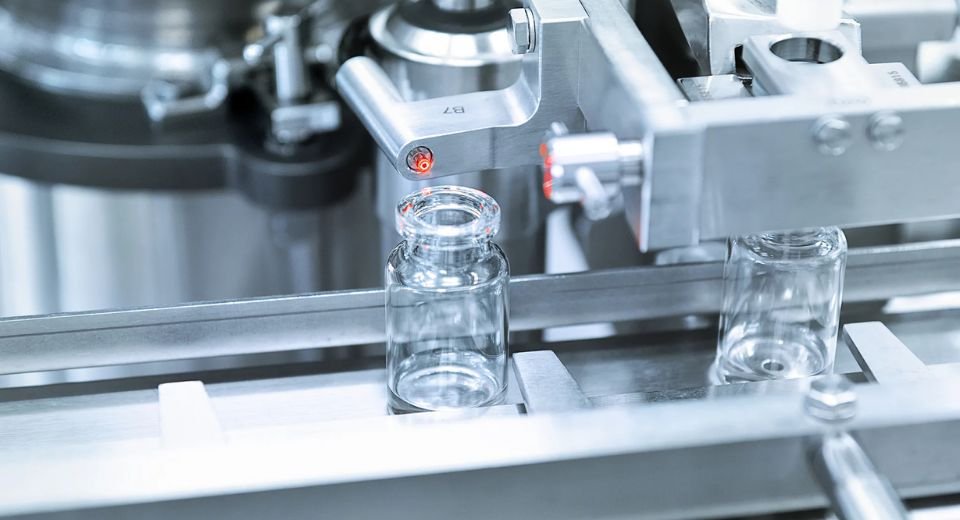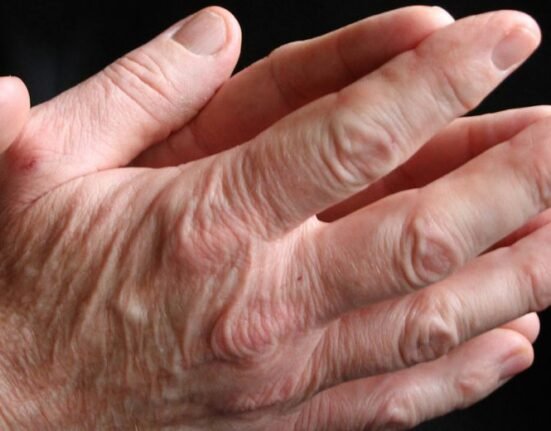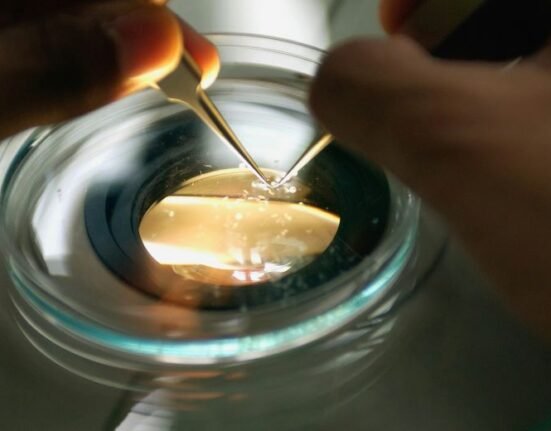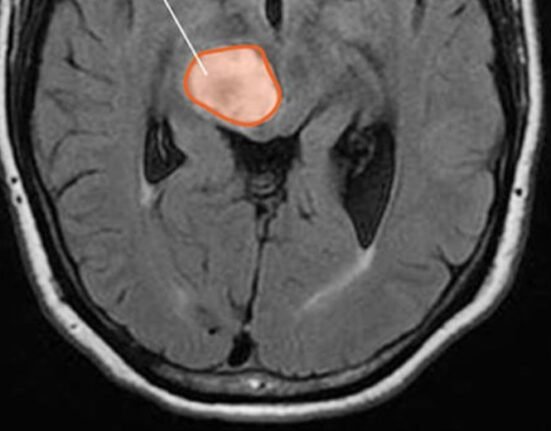HQ Team
June 2, 2025: US-based Bristol Myers Squibb announced a $11.1 billion pact with Germany’s BioNTech SE for global co-development and co-commercialisation of an immunotherapy candidate to treat multiple tumour types.
Bristol Myers will pay BioNTech $1.5 billion upfront and $2 billion total in non-contingent anniversary payments through 2028, according to a statement from Bristol.
BioNTech will also be eligible to receive up to $7.6 billion in additional development, regulatory and commercial milestones.
BioNTech and Bristol Myers will share joint development and manufacturing costs on an equal basis, subject to certain exceptions. Global profits or losses will be equally shared.
Solid tumour types
BioNTech and Bristol Myers Squibb will jointly execute a broad clinical development program to evaluate and advance the investigational candidate called BNT327 across numerous solid tumour types.
BNT327 is a new type of cancer treatment designed to work in two ways at once. It targets two important factors that help tumours grow and avoid being destroyed by the immune system.
It blocks a protein called PD-L1. Tumours use PD-L1 to hide from the immune system’s T cells, which are the body’s natural cancer-fighting cells. By blocking PD-L1, BNT327 helps T cells trace and attack the tumour cells again.
The treatment also blocks another protein called VEGF-A. VEGF-A helps tumours grow new blood vessels to get oxygen and nutrients, which tumours need to grow and spread.
Precise, effective
By blocking VEGF-A, BNT327 cuts off this blood supply and also reduces the tumour’s ability to suppress the immune system around it.
As BNT327 targets both PD-L1 and VEGF-A in the tumour area, it aims to be more precise and effective, reducing side effects elsewhere in the body.
It also helps “normalise” the blood vessels in the tumour, which can improve how well other cancer treatments work when combined with it.
More than 1,000 patients have been treated with BNT327 in clinical trials to date.
About 20 clinical trials are currently ongoing or planned to evaluate BNT327 either as a monotherapy or in combination with other treatment modalities targeting different oncogenic pathways in more than 10 solid tumour indications, according to the statement.
Ongoing global trials
Additional trials will explore combining BNT327 and BioNTech’s proprietary antibody-drug conjugate candidates.
Multiple global trials are ongoing or planned to start in 2025, including three global clinical trials with registrational potential in first-line small cell lung cancer, first-line non-small cell lung cancer and first-line triple-negative breast cancer.
If successfully developed and approved, BioNTech aims to use this bispecific antibody candidate as a next-generation immuno-oncology backbone in combination with other treatment modalities targeting a broad range of cancer indications.
“We believe BNT327 has the potential to become a foundational immuno-oncology backbone, moving beyond single-mechanism checkpoint inhibitors and expanding into multiple solid-tumour indications,” said Prof Ugur Sahin, M.D., CEO and Co-Founder of BioNTech.
Christopher Boerner, Ph.D., Board Chair and CEO of Bristol Myers Squibb, said: “The science behind BNT327 and its leading clinical position in multiple hard-to-treat tumour types further bolsters our pursuit of novel mechanisms and multiple modalities in oncology, and enhances our growth trajectory.








